DHAA TAS Committee invites you to a full day of CPD at the Country Club Launcestons Tonic Bar featuring;
Dr James Markos - Obstructive Sleep Apnea for the oral health practitioner
Associate Professor Gary Kilov - Diabetes: What is it and why should you care?
Associate Professor Catherine Butler - Understanding the Oral Microbiome and its role in Oral and Systemic Disease
Hellen Checker -Are we truly ready to embrace the Mind, Body, Mouth connection? Is there a place for Complementary and Alternative Medicine in Dentistry?
Kerrie Wright - Connecting across generations with DISC: Bridging the gaps in dental care
Topics
Obstructive Sleep Apnea for the oral health practitioner
OSA is a very common medical disorder with extensive adverse health outcomes. It is under-recognized by people with the condition, even when severe. It is often diagnosed late after complications. Many people including health professionals attribute OSA to obesity, which is a common association and contributing factor. There are predisposing characteristics of the oropharynx which have a greater influence on the development of OSA, including in normal weight people.Severe untreated OSA is associated with deaths from driving inattention leading to motor vehicle accidents. Severe OSA can cause cardiovascular disease and is a common cause of hypertension and atrial fibrillation. Sleep disruption causes excessive daytime sleepiness, which adversely effects quality of life, learning ability, work performance and social interactions. The loud snoring associated with OSA, even if mild, can contribute to social disruption.
Diagnosing and treating OSA can improve quality of life promptly and prevent many associated illnesses. There is benefit in detecting and treating OSA before it progresses and becomes more severe with ageing and/or weight gain. All health practitioners can suspect OSA. Oral health practitioners have an extra window of opportunity by always looking into the oral cavity.
Presentation theme;
- Oral health visits provide an opportunity to suspect Obstructive Sleep Apnea (OSA)
- When to suspect OSA from inspection of mouth
- Consequences of untreated OSA
- Treatment options for OSA, including mandibular advancement splints & oral surgery
Proposed learning objectives:
- How can an oral health practitioner suspect OSA?
- What key questions can you ask to explore this further?
Diabetes: What is it and why should you care?
Diabetes and its co-traveller obesity are the pandemic of our era with no signs of flattening of the curve.
There will be no didactic presentation but rather a conversation about diabetes and its implications for dental health professionals. You are encouraged to bring questions for an open discussion on all aspects of diabesity.
Understanding the Oral Microbiome and its role in Oral and Systemic Disease
The oral microbiome is made up of several different kinds of microorganisms but is dominated by bacteria and covers all surfaces of the mouth. It is seen with the naked eye as plaque. Plaque is not a random conglomeration of bacteria but is highly structured, so changes in the bacterial population (dysbiosis) can lead to diseases such as early childhood caries and periodontitis. Using next generation sequencing, we have been able to determine what bacteria are present in oral health and disease, which has shown us whether there are bacterial biomarkers that can be used for disease prediction and whether these can be used for development of chairside diagnostics. Bacteria from the oral microbiome are also involved in disease elsewhere in the body; this will be discussed with reference to my own research into the role that oral bacteria play in the development of Alzheimer’s disease.
From this lecture you will gain an understanding of the technologies used to study oral bacteria in health and disease such as early childhood caries and periodontitis, the potential use of bacterial biomarkers in predicting these diseases via chairside diagnostics, and the role that oral bacteria play in systemic disease.
Are we truly ready to embrace the Mind Body Mouth Connection? Is there a place for Complementary and Alternative Medicine in Dentistry?
This presentation will give an overview of Integrative, Complementary and Alternative Medicine (CAM) and discuss the categories of CAM which include whole medical systems, mind-Body medicine, biologically based practice, manipulative and body-based practice and energy medicine.
Can practitioner and patient benefit from CAM?
Does the research support the use of mind-body medicine such as hypnotherapy, breathwork, yoga and Qi Gong (a branch of Traditional Chinese medicine) Can Mind-body and energy medicine really have an effect on muscular skeletal issues, carpel tunnel and pain control?
Can Complementary and integrative therapies be used in to impact modifiable risks factors of periodontal disease and dental caries including smoking cessation, reduced sugar consumption weight loss and stress reduction?
Learn more about hypnotherapy, breathwork and Qi gong and how potentially CAM can be utilised by clients and practitioners to improve their overall health and well-being.
How do we navigate through the challenges of CAM research and what do what do we need to understand about lack of standardisation in research and the placebo effect?Join me on this journey on the Mind Body Mouth Connection to discover more!
5.5 Scientific Hours
Speakers
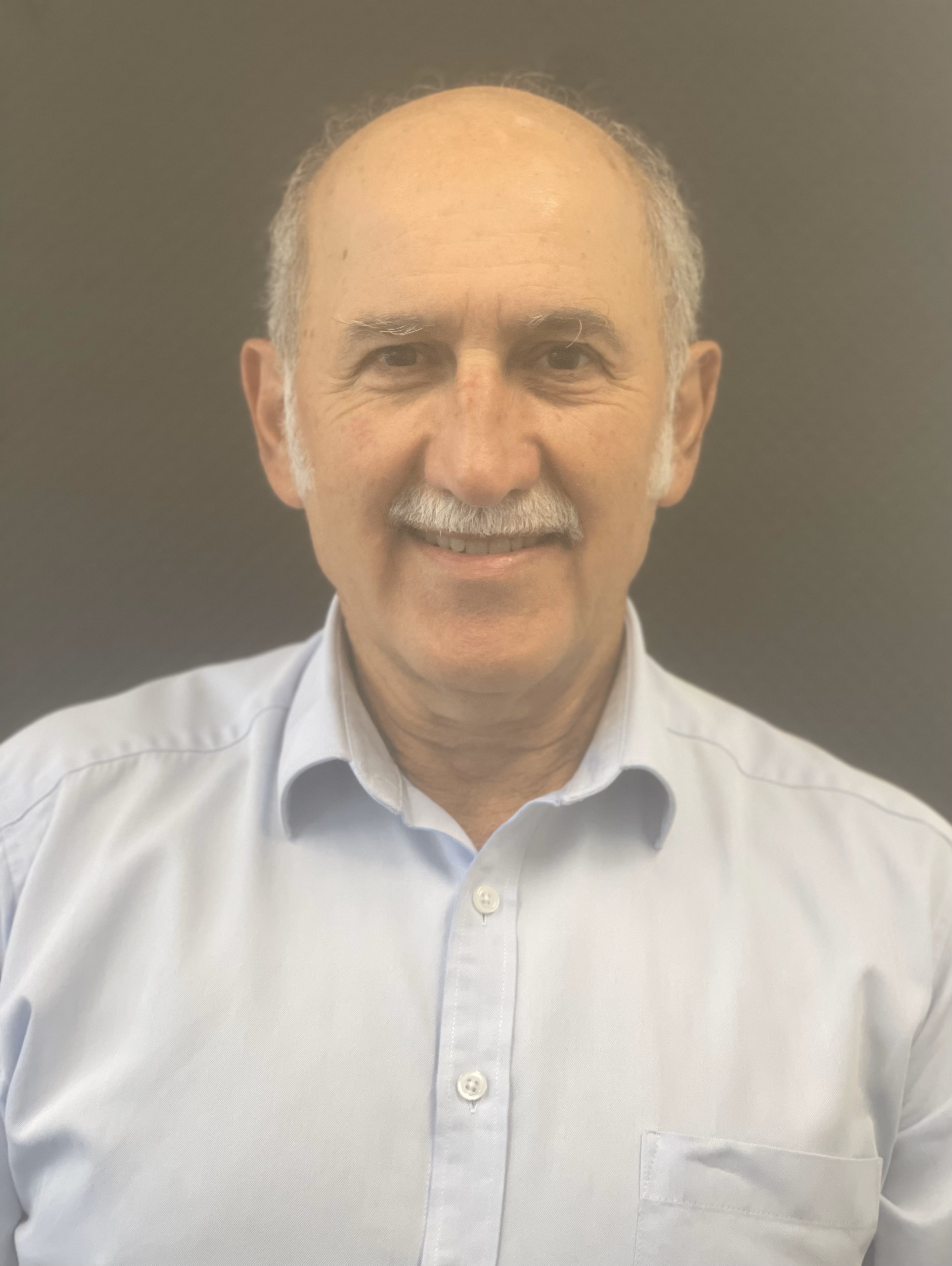 Dr James Markos
Dr James Markos
Dr James Markos is a respiratory & sleep physician. He graduated from the University of Sydney Medical School in 1978 with honours and worked in Hobart before completing his respiratory & sleep physician training in Perth.
After 2 years of full-time medical research into lung disorders at the University of British Columbia in Vancouver, he returned to Tasmania in July 1990, to take up a position in Launceston as a full-time lung specialist. He works privately and as a consultant at the Launceston General Hospital to provide specialist respiratory & sleep services for residents of North & NorthWest Tasmania.
He started the first sleep lab in Tasmania in 1992 at Launceston General Hospital. This changed to St Vincents Private Hospital in 1997. A sleep lab was started at Mersey Community Hospital Latrobe in 1998. The sleep lab in Launceston moved to Calvary St Lukes Hospital in 2006. When the service ceased in early 2022, there was a greater reliance on home sleep studies, which are convenient for diagnostic tests but not treatment studies. A sleep lab restarted in Hobart in July 2023. Dr Markos has reported approximately 20,000 sleep studies. He believes that the treatment of OSA has a large impact on the general health of our community.
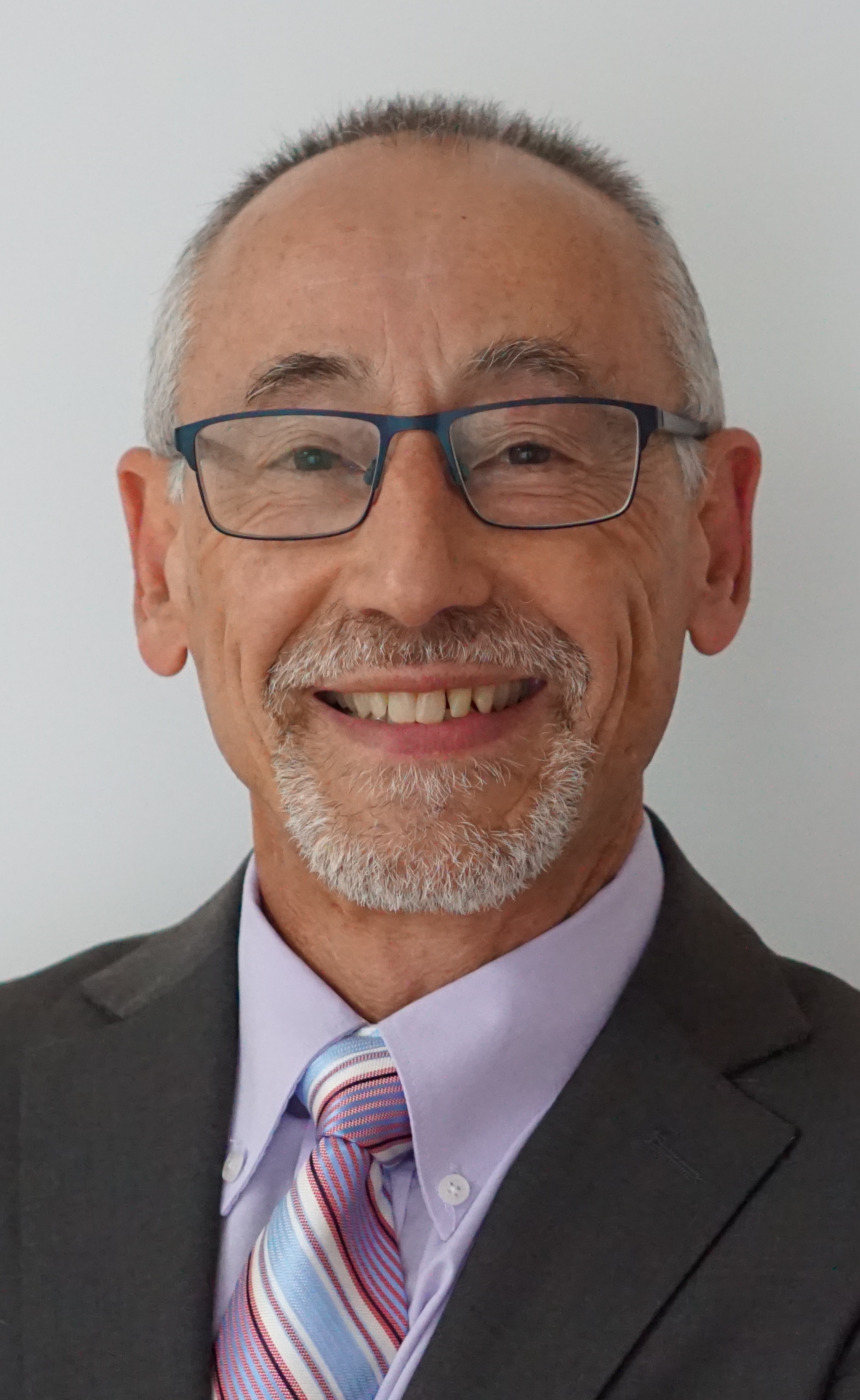 Associate Professor Gary Kilov AM
Associate Professor Gary Kilov AM
Director Launceston Diabetes Clinic General Practitioner, Clinical Associate Professor University of Melbourne Honorary Associate Professor University of Sydney Member of the Order of Australia
Gary Kilov is a founding member of the RACGP (Royal Australian College of GPs) Diabetes Specific Interest Group and a co-founder of thePrimary Care Diabetes Society of Australia and past Editor in Chief of the Society’s journal, Diabetes & Primary Care Australia. He is a contributor to the current RACGP diabetes handbook (2016-2023) and a member of several National Diabetes Supply Scheme Expert Reference Groups.
Associate Professor Kilov has established a multidisciplinary, diabetes-focused general practice in Launceston, Tasmania. He shares his time between Launceston treating the full spectrum of patients with diabetes and obesity-related conditions and providing peer-to-peer and medical undergraduate education on diabetes and related conditions.
He has presented papers and conducted many educational sessions at national and international seminars and conferences and he has been published in peer-reviewed journals on topics covering diabetes, obesity and respiratory medicine. Dr Kilov brings a personal perspective to his work, having lived with type one diabetes and lifelong coeliac disease.
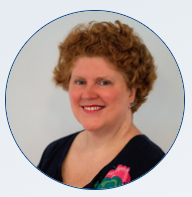 Associate Professor Catherine Butler
Associate Professor Catherine Butler
Catherine Butler has a background in microbiology and the molecular biology of bacteria. After initially working at the CSIRO Division of Animal Health on multivalent vaccines for cattle and sheep, she undertook her PhD through the University of Melbourne on the development of Mannheimia haemolytica, one of the causative agents of bovine shipping disease, as a live vaccine vector.
This work identified iron regulated outer membrane proteins as immunogenic targets for expression from the vaccine vector. Her interest in bacterial iron regulation and the bacterial requirement for iron in order to cause disease in the mammalian host, took her from working on pathogenic bacteria affecting animals to those affecting humans. She has worked in the Melbourne Dental School for several years, during which her research focus has shifted from elucidation of iron transport and genetic control mechanisms within the oral pathobiont Porphyromonas gingivalis, a causative agent of periodontal disease, to elucidation of the oral microbiome in states of health and disease. Her current research interests also include the role that oral bacteria play in chronic diseases such as Alzheimer’s disease and arthritis. Her research into oral bacteria was recognised by the Australian and New Zealand division of the International Association of Dental Research with the Oral Biology Award in 2016.
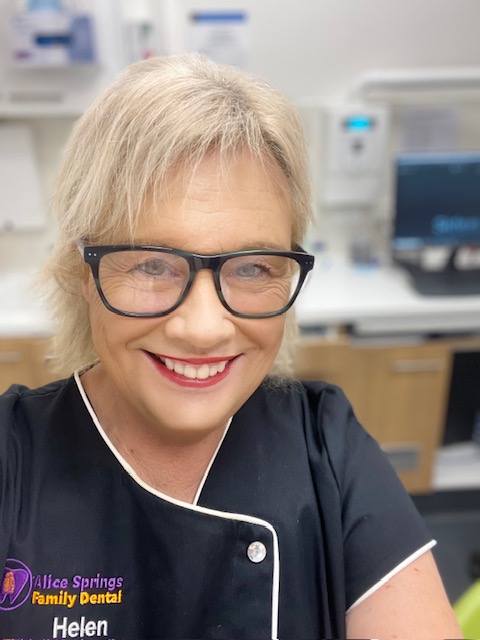 Hellen Checker
Hellen Checker
Helen is an International Board-Certified Hypnotherapist, Instructor of Hypnotherapy, NLP Master Practitioner, NLP Master Coach, Time- Line Therapist® and Core Clearing Breathwork Coach®
Helen graduated with a Diploma of Dental Hygiene in 1996 and has also completed a Bachelor of Health and Human Services (Leadership) Professional Honors (UTAS) and was awarded a member of the Golden Key Society for academic studies.She has held industry peak body leaderships roles as State and National President and NT Board Director of the DHAA.
Helen was honorary research fellow for the International Research Collaboration of Oral healthy and Equity and collaborated on publications in the “British Dental Journal” and the “Journal of Clinical Oral Epidemiology” and was awarded a lifetime achievement award and lifetime membership of the DHAA. Helen has resided in Alice Springs for the past 8 years and works 3 days in the dental clinic and operates her own hypnotherapy practice and registered School of Hypnotherapy in Alice Springs.
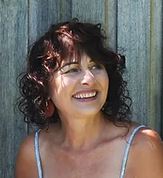 Ms Kerrie Wright
Ms Kerrie Wright
Ms Kerrie Wright is a certified Life Coaching Professional specialising in working with individuals who are ready to be empowered and make positive life changes. Kerrie has a Diploma in Holistic Counselling, specialising in Neuro-Linguistic Programming, Life and Health Coaching using hypnotherapy, timeline therapy and many more techniques. Her book “Soothe your Soul” was published in August 2022. She also works full time with TAFE teaching certificates 3 and 4 in Dental Assisting. Kerrie has worked in the private and public sectors of dental clinics and was a part of the Oral Health Services for 16 years. Since 2015, her passion has been in her work as a Life Coaching Professional helping people reach their full potential to live a more awake, happy and beautiful life.
Sponsors
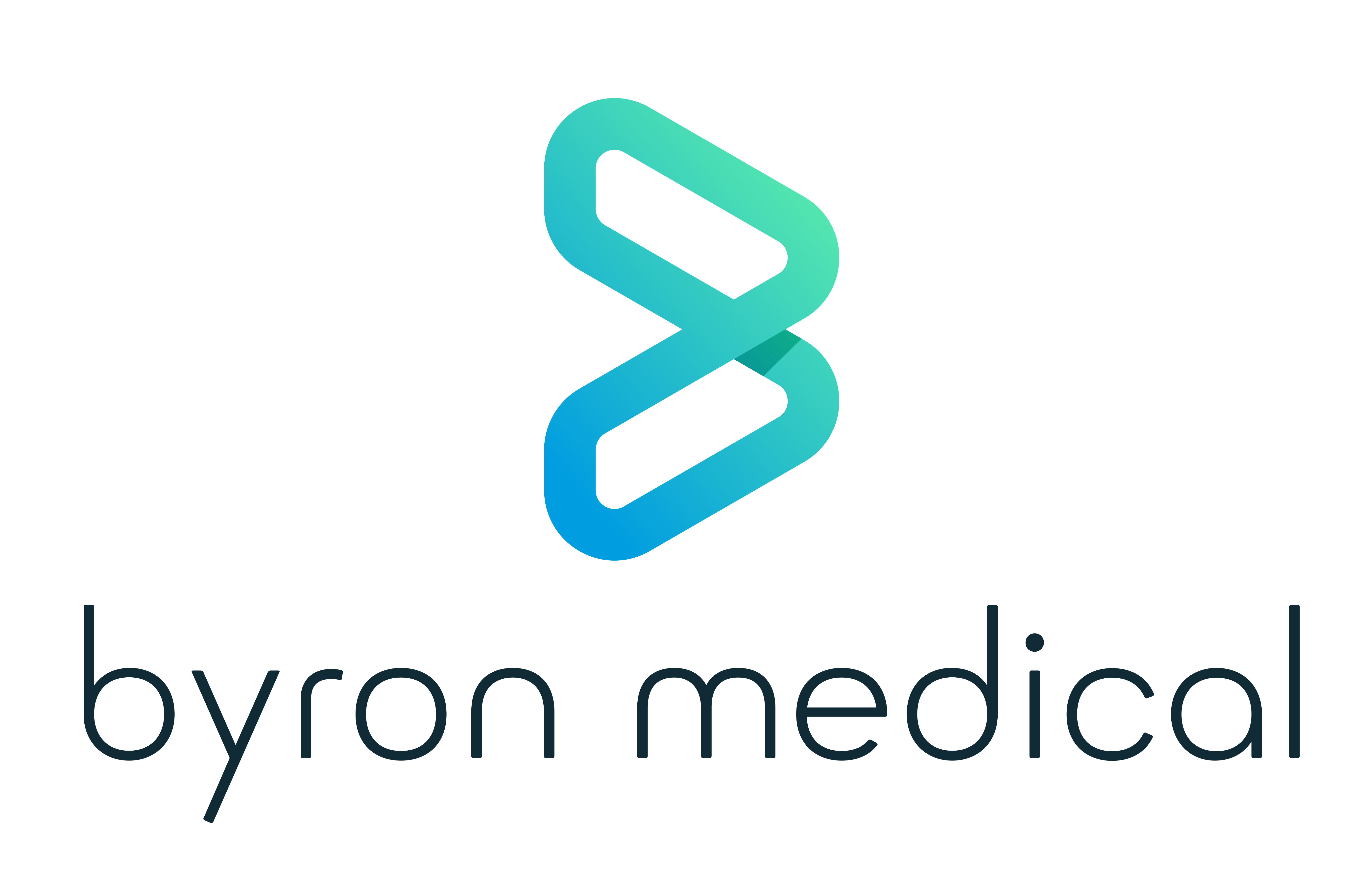
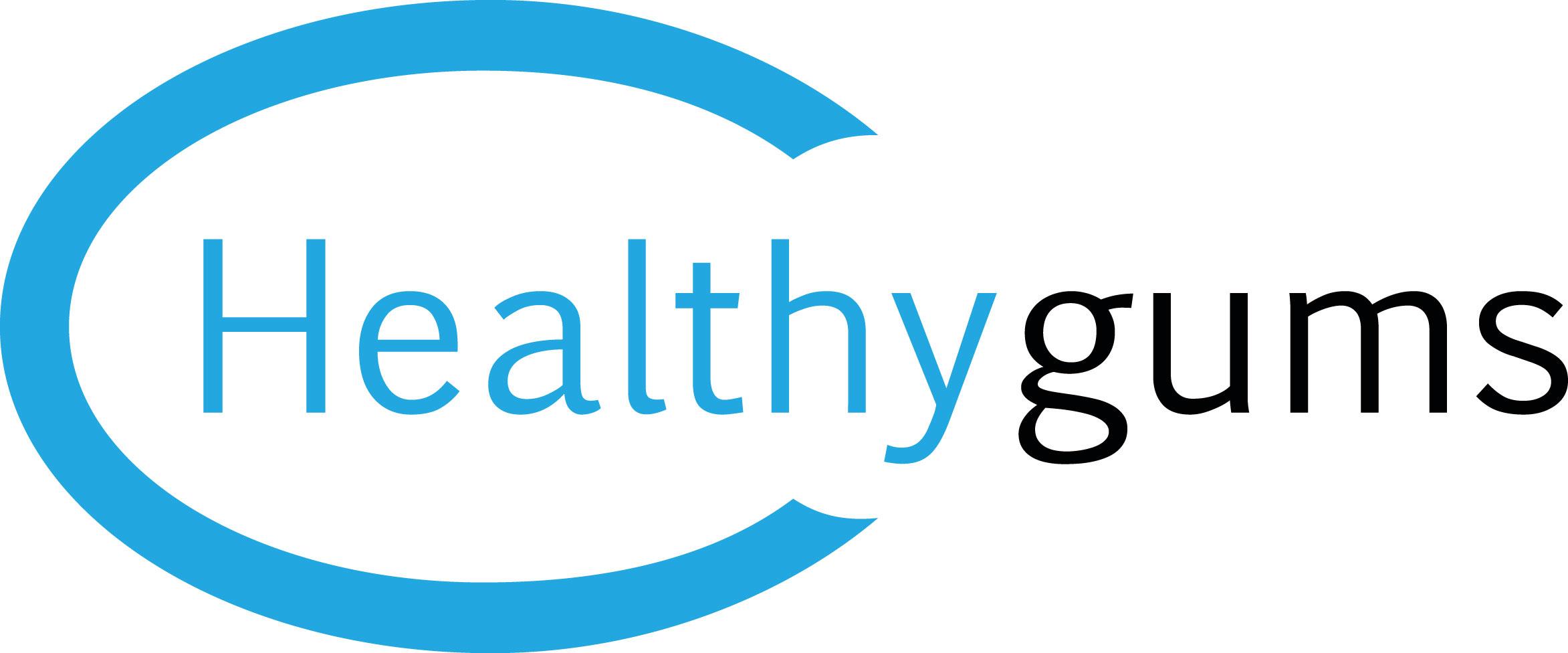
Registration Prices
| |
Early Bird
(8th March)
|
Regular Pricing |
| DHAA members - |
$199 |
$249
|
| DHAA Student members - |
$100 |
$120 |
| ADOHTA members - |
$229 |
$269 |
| Non members - |
|
$295 |